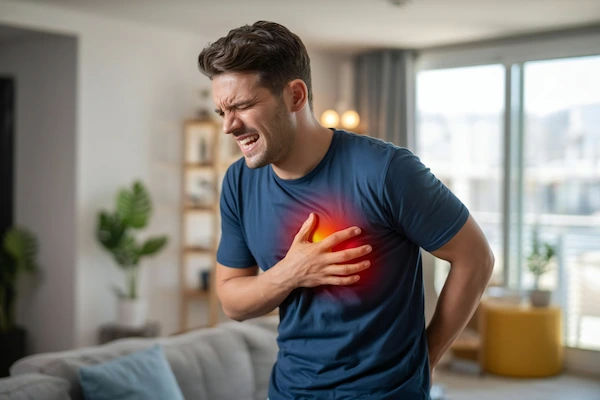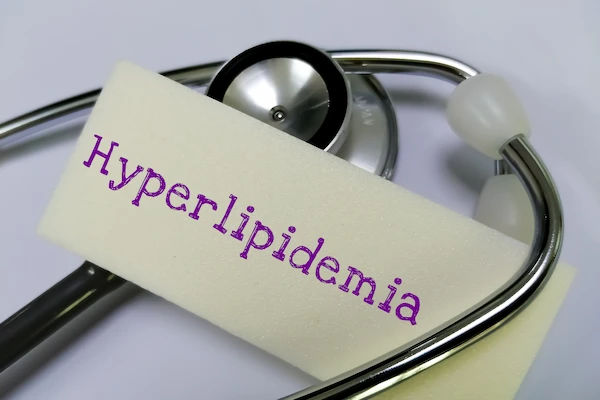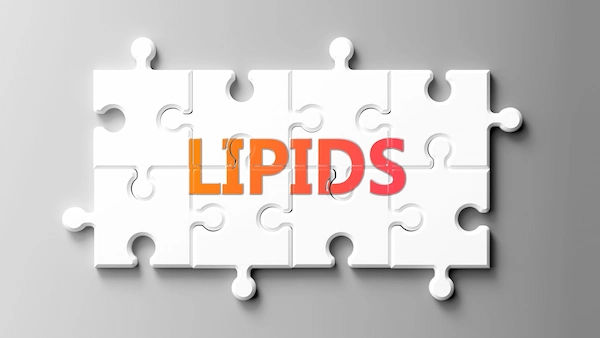- male
- 50 Years
- 22/01/2025
I'm worried because my blood pressure has been 14090 for the past 20 days, and I've started having mild chest pain. I've done all the heart-related tests like ECG, echo, and TMT, and they all came back normal. Should I be taking blood pressure medicine? My doctor hasn't prescribed anything for it yet, but I'm thinking maybe I should start at least for a few days. I weigh 110 kg, and my doctor only put me on cholesterol medication since my cholesterol is high. What do you think about starting bp medicine?
Answered by 1 Apollo Doctors
Your blood pressure reading of 14090 mmHg falls into the category of Stage 1 Hypertension according to most guidelines Since your heart-related tests (ECG, ECHO, TMT) are normal, and your doctor has not prescribed blood pressure (BP) medication, they may believe that your condition can initially be managed with lifestyle changes and monitoring. However, your weight (110 kg) and high cholesterol are additional risk factors for cardiovascular disease, and managing your blood pressure is crucial.
Dr. Ranjith Suggests...
Consult a Cardiologist
Answered 04/07/2025
0
0

More Cardiology Health Queries
View allI'm a software engineer and I'm generally in good health. My BMI is normal and my blood pressure is fine too. But I've noticed that my resting heart rate is always over 90 and it's kind of unsettling. I've recently started working out to stay fit and while I don't feel any discomfort, that number still worries me. Should I be concerned about it? What could be causing this and is there a way to bring it down to a normal range?
it is normal
Answered by 1 Apollo Doctors
I'm really concerned because my HDL is pretty low at only 29. My cholesterol is 100, triglycerides are 101, LDL is 55, and VLDL is 29. I'm wondering if there's any medication I can take to boost my HDL levels, or if it's okay to be at this level. I've attached my lipid profile reports and I'm hoping to get your opinion on whether everything looks alright or if there's anything I should be worried about. How can I improve my lipid levels further? Just for context, I'm 34 years old, weigh 83 kg, and am 5'7". There's no history of heart disease in my family, although my father does have diabetes. Could you please give me detailed advice on this?
Based on your lipid profile results, your HDL level is indeed low at 29. To improve your HDL level, you can consider taking Niacin (Vitamin B3) at a dosage of 500-2000 mg per day. Additionally, incorporating regular exercise, maintaining a healthy weight, and consuming a diet rich in fruits, vegetables, whole grains, and healthy fats can also help improve your HDL level. Your total cholesterol level of 100 is within the normal range, which is good. However, your triglyceride level of 101 is slightly elevated. To lower your triglyceride level, you can take Omega-3 fatty acids at a dosage of 1-4 grams per day. It is also important to limit your intake of sugar, refined carbohydrates, and alcohol to help lower triglycerides. Your LDL level of 55 is optimal, and your VLDL level of 29 is within the normal range. Overall, your lipid profile is generally good, but there is room for improvement in your HDL and triglyceride levels. In addition to medication and supplements, lifestyle modifications such as regular exercise, maintaining a healthy weight, and following a heart-healthy diet can further improve your lipid profile. It is also important to avoid smoking and limit alcohol consumption for overall heart health. If you have any further concerns or questions, feel free to ask.
Answered by 1 Apollo Doctors
Is a heart rate of 108 bpm something I should be worried about? I'm seeing something called sinus tachycardia in my report, and I'm not sure if it's dangerous or just something common. Could you clarify this for me?
A heart rate of 108 beats per minute (bpm) falls within the range of sinus tachycardia, which means that the heart is beating faster than normal. Sinus tachycardia can be a common response to various factors such as stress, anxiety, caffeine, or physical activity. However, if it persists or is associated with symptoms like dizziness, chest pain, or shortness of breath, it may require further evaluation. In cases of persistent or symptomatic sinus tachycardia, treatment may involve addressing the underlying cause. Beta-blockers such as Metoprolol can be prescribed to help slow down the heart rate and reduce symptoms. The typical dosage of Metoprolol for sinus tachycardia is 25-100mg twice daily, but the exact dosage should be determined by a healthcare provider based on individual factors.
Answered by 1 Apollo Doctors
Disclaimer: Answers on Apollo 247 are not intended to replace your doctor advice. Always seek help of a professional doctor in case of an medical emergency or ailment.





